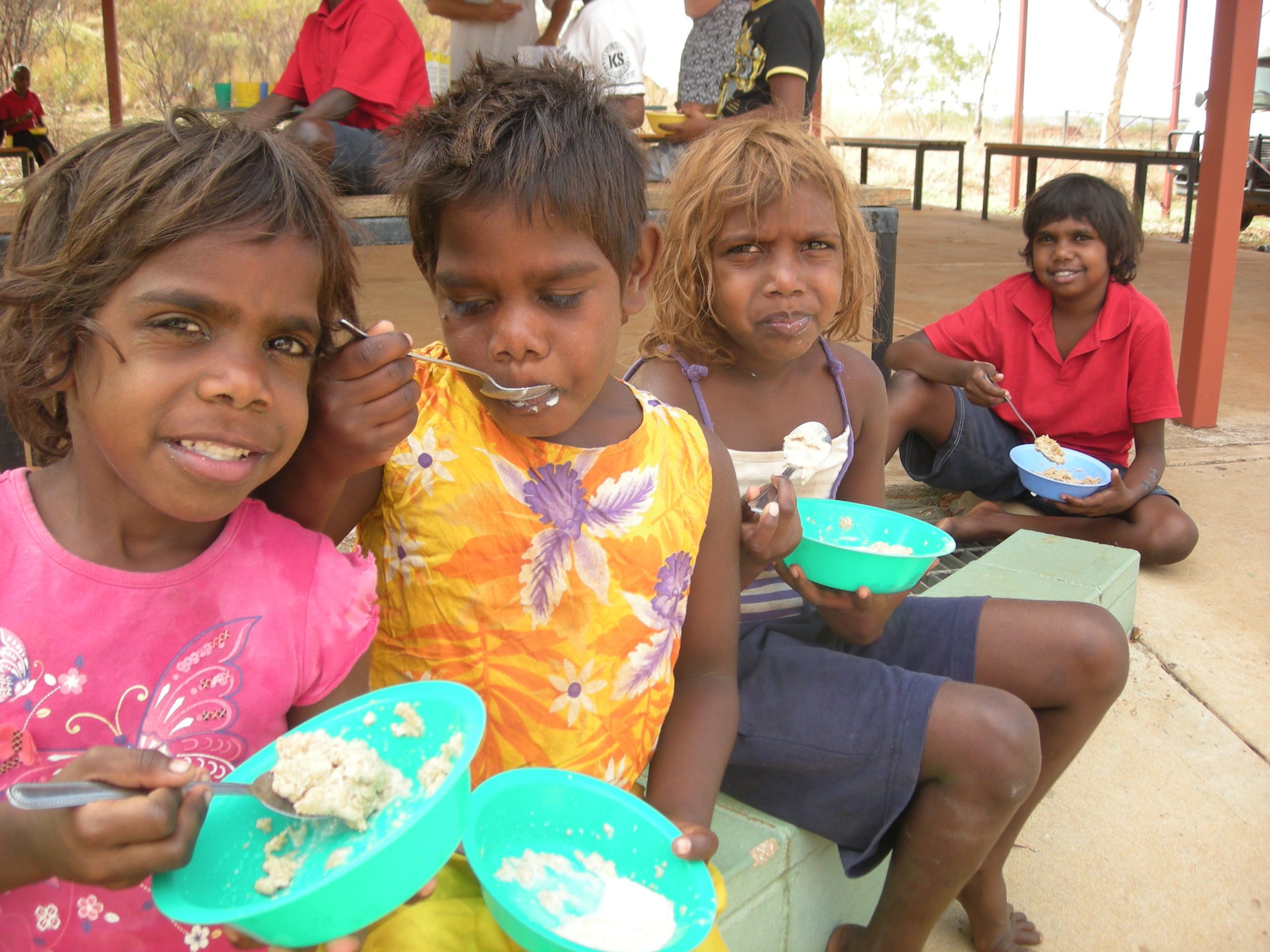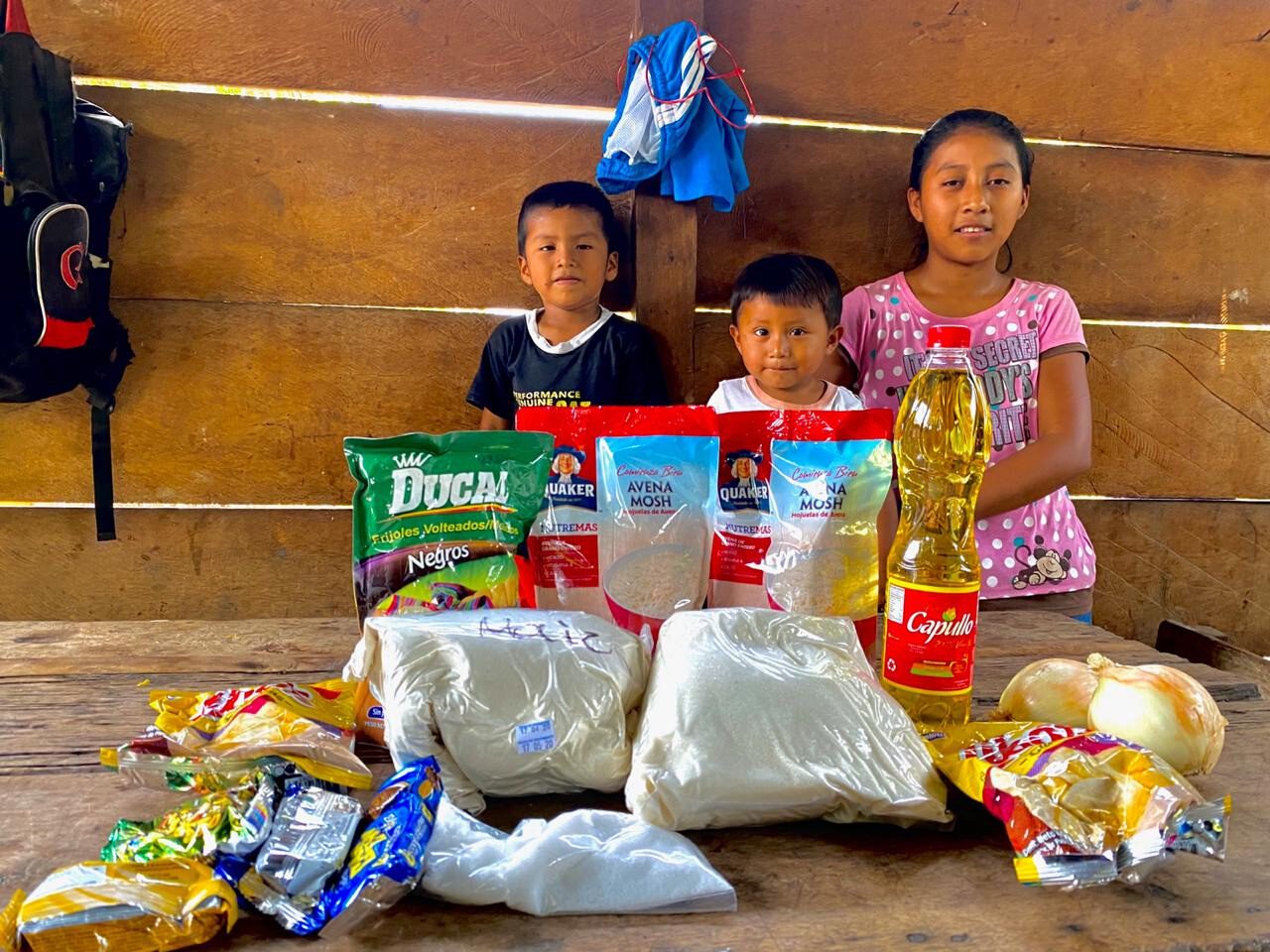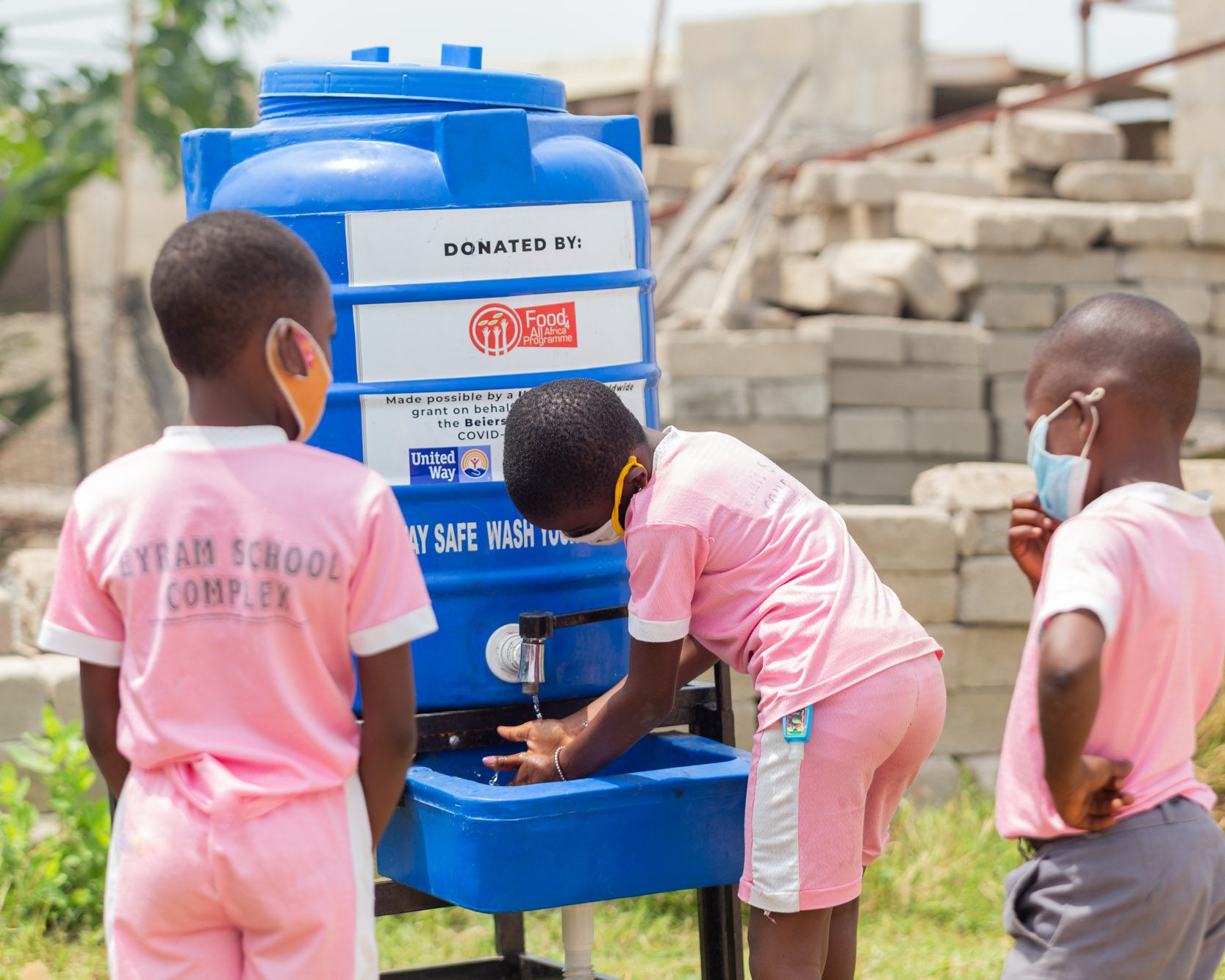By Katie Lutz
Fifteen years ago, The Global FoodBanking Network was created to ensure that people around the world have access to food. The mission was simple: launch, strengthen, and sustain a global network of local food banks to support communities when they need it most. This mission still guides us today.
Innovate to Alleviate celebrates our 15th anniversary by highlighting 15 unique innovations—game-changing approaches and adaptations from GFN and member food banks that make hunger alleviation efforts more efficient, effective, and inclusive. Kicking off on International Day of Awareness of Food Loss and Waste and concluding on World Food Day, this campaign demonstrates how food banks are an important component to solving hunger that are rooted in the communities they serve and essential to resilient food systems.
Food banks are powerful because they can assess and then address the most pressing needs of their community members in real time.
One of the most urgent of these concerns is child hunger. Poor nutrition can irreversibly jeopardize the health and development of young children and impact their physical and cognitive wellbeing well into adolescence and adulthood. Food banks have played an important role in innovatively addressing this life-threatening issue through school-based feeding programs.
Many children around the world receive their main meal of the day through a school feeding program. In addition to alleviating hunger, these programs have a secondary benefit: They help increase attendance and support academic achievement—especially for girls. In 2020, 38 GFN partner food banks from all over the world offered child hunger programs like free breakfast and lunch, take-home food to cover weekends and school breaks, and nutrition education. Thanks in part to these programs, 17.6 million children received meals from Network food banks last year—an enormous feat in incredibly challenging times.

Foodbank Western Australia’s (Foodbank WA) school feeding programs demonstrate an innovative approach to tackling child hunger that provides not only meals but also hands-on nutrition education to economically disadvantaged, Indigenous, and other vulnerable groups across Western Australia. Foodbank WA offers a variety of programs, including:

Foodbank WA’s school breakfast program has proved to be particularly impactful. What started in 2001 with just 17 schools expanded to more than 100 schools by 2005, and now reaches 475 schools, serving 21,000 students per week and offering not only meals but also valuable nutrition lessons.
“Healthy food is a huge aspect of our school feeding program, but it also helps the children set up routines and behaviors for life,” said Sarah Mortimer, principal of Rawa Community School, which is supported by School Breakfast Program. “After a meal they are ready for the day, they are ready to learn, and they are ready to fully engage in the learning program that day.”
Foodbank WA helps meet children’s immediate needs while providing them with the educational tools they need to foster healthy lifestyles for the long-term, building resilient communities where children and adolescents can reach their full potential.
It’s clear that early and efficient interventions help break the cycle of child hunger, and we’re energized by the role that food banks around the world can play in making such interventions possible and giving kids a chance to live the life that they deserve.
Learn more about other unique innovations that support hunger alleviation efforts in communities around the world.

